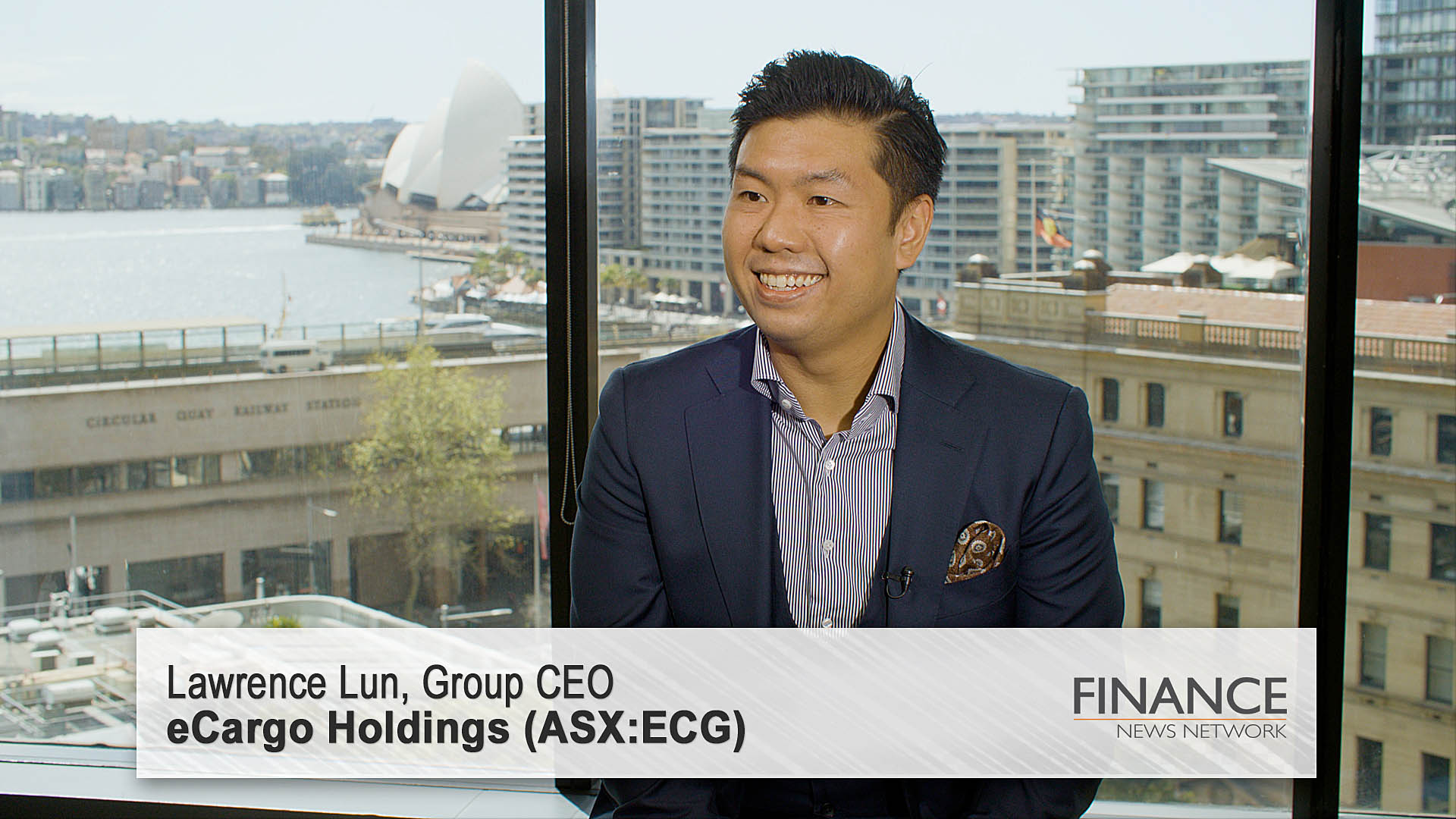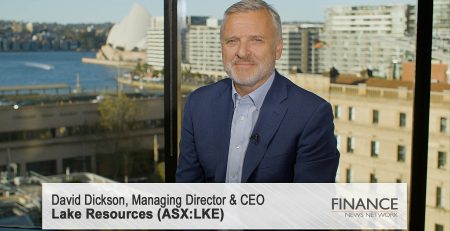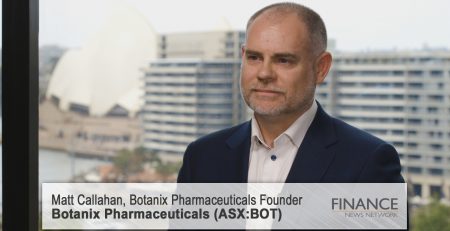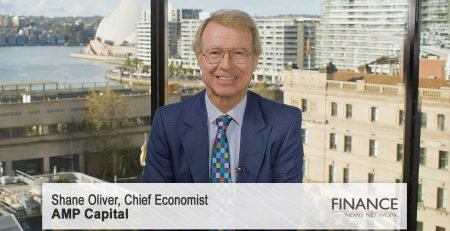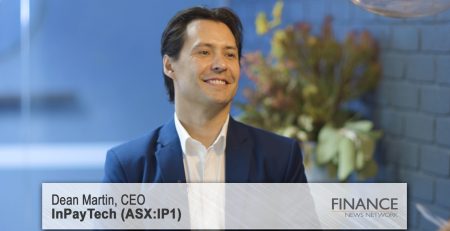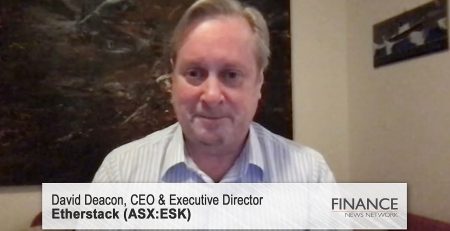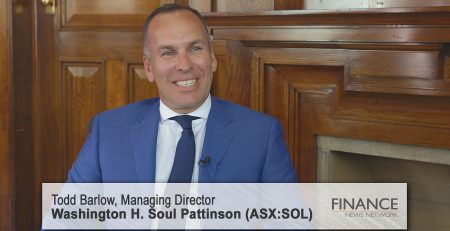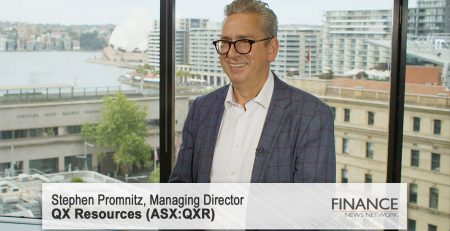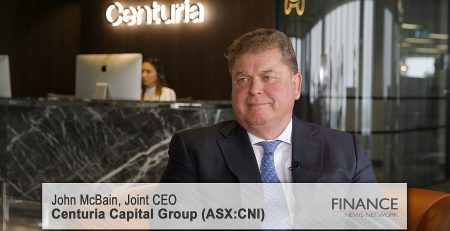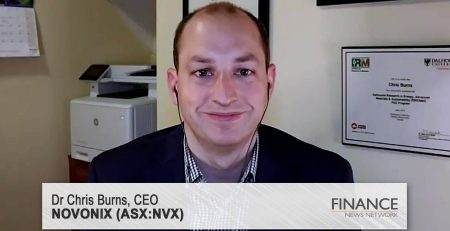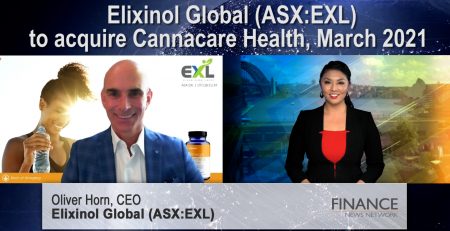eCargo Holdings (ASX:ECG) discusses 2022 interim results
eCargo Holdings Limited (ASX:ECG) Group CEO Laurence Lun discusses highlights from the company's interim results, operations during lockdown and future milestones.
Tim McGowen: We're talking with eCargo (ASX:ECG) today. Now, if you don't know the company, ASX code ECG, it's got a market cap of $17 million. The company's building a one-stop ecosystem of platforms and services that give global brands access to millions of consumers across China and Asia Pacific. We have with us the Group Executive Officer Mr Lawrence Lun. Lawrence, thanks for your time.
Lawrence Lun: Thank you, Tim. It's always a pleasure being here.
Tim McGowen: Now, you recently released your interim results. What were some of the highlights?
Lawrence Lun: Yeah. We released our first half of our results this year. In terms of net profit, we're up 24.7 million, but there's obviously a one-off gain there, about 23.3 million, from our sale of our Amblique business. But, overall, if we just look at continued operations, first time in the last eight years since we've been listed, we generated a net profit of about 1.4 million Hong Kong dollars, the equivalence of about 300,000 Australian for our net profit. Revenue-wise, we did drop about 7 per cent, but that's mainly because we had about three months of lockdown in China due to COVID. Because of that lockdown, we did see a drop in our offline trading revenue to our brick and mortar stores. But then, in the same time, we contributed higher gross profit. We improved about 16 per cent in our gross profit due to our higher margin products that we've been selling, that we still have high demand. And especially in online sales while they're in a lockdown period, that really helped to support our business.
Tim McGowen: Now, of course, you know I'm going to ask you a question about supply chains and the COVID lockdown and how that's affected business. What are you seeing over there in China and Asia in particular?
Lawrence Lun: Yeah. So, COVID, it's still surprising that we're still talking about that after, what, two-and-a-half, three years now. But I think, all over the world, while it's currently opening up, China is still currently running on a different policy, and that is we still want to go for COVID zero. So, in different parts of China, especially in first-tier, second-tier cities, where there are still some outbreaks, we're talking about double digit cases here and there, there will be lockdown or at least a controlled lockdown in China. That has affected in terms of some of the distribution and some supply chain disruptions. But overall, if we look at the supply chain conditions, in terms of logistics, in terms of shipping, freight, our aspect is not as bad as it was two years ago. We're starting to return back to normal. There is a certain policy that goes through. So you do see, in terms of supply chain rates, shipping outside from China, exporting to other part of the countries, has come down significantly compared to previous years, at least over the last two years, so we're resuming some sort of normality there. In terms of distribution, I think post-COVID or at least still in the situation, customer behaviour has shifted. Where generally, consumption in China has always been increasing, this time, this year has already starting to slow down a bit. But we do see still high demand in products that are more in the health and wellness segment, in the baby and mums section, where people still are looking for high-quality products from overseas. That is still currently high demand in China and other parts of Asia as well, where we sell.
Tim McGowen: And from a platform perspective, do you ensure that you've got the right products for the right target market? And do you kind of pivot your business at that way and be well-weighted for those products?
Lawrence Lun: Yeah. We're a little different from other export businesses out of Australia. Where a lot of people would look at China, they might be looking at distribution into the first-tier, second-tier cities like Shanghai, Beijing, Shenzhen, Guangzhou, the big names that you've heard of, while our focus actually has been in the last two years, been in third-, fourth-, and fifth-tier cities, which are more in the rural areas, where we see a higher demand increasing. Income is starting to increase and they're looking for products, where the distribution channels there are more fragmented. So, that's where we focus on in terms of segments. When we look at products and the brands that we choose to work with, we always look for brands that are generally highly sought after, product categories that we know have a bit of control and sustainability. And then we basically work with our distribution partners in those particular cities to sell. I guess in a sense, it's been helping in the business in terms of our strategy, as well as protecting our margins. And in terms of where some of the food products, maybe on the lower end, single-digit margins, while we're still now performing at double-digit margins when we're selling to our partners.
Tim McGowen: And how does a partner find you and your platform, and do you just solely deal with external brands? Have you created your own brands and thought about white-labelling products across your own platform?
Lawrence Lun: Since 2014, since our business was established, we were a service provider. We've generated a lot of knowledge around how to trade, how to sell, how to build a brand in China and other parts of Asia. In the last three years, we've shifted that model into becoming really a brand partner, meaning we actually work on exclusivity with the brand partners that have signed on with us. And because of these brands, it also helps us establish networks with our distribution partners, because some of these brands, these distribution partners won't be able to obtain. Therefore, they will come and naturally find us, and therefore, we work with them.
Second is because we also acquired a Metcash export business back in 2019, 2018/2019, and that also opened up a wealth of distribution channels that never existed before and that overnight we already have within our business. So, we both have the online and the offline piece when we work with these partners. And so therefore, where we're going now, especially with the divestment of Amblique's business, we're looking at setting up our own brands, whether we're invest into brands that are already in the market that we can now take and export into China and other parts of Asia, or we set up our own brands using our knowledge that we've built over the last few years.
Tim McGowen: And what are some of the milestones investors could look towards from eCargo over the next six to 12 months?
Lawrence Lun: Yeah, I think on a couple of aspects. One in terms of our financial performance. Since I returned to the business, this has always been to drive profitability in the business. So, we've been doing everything that we can to change the business structure, our core products that we've been working on, our services, our value propositions, to ensure that we deliver profitability continuously. That's number one. Number two is in terms of the money that we've received from the proceeds from the sale, we are looking to invest into different brands… not just brands, sorry, brands and also service partners that will help build up our ecosystem to make it more valuable for our shareholders that are holding our company. And the third is we are also building up our ecosystem. A number of other announcements that we've made over the months, we've been establishing different platforms, proprietary technology, whether that's B2B trading to enable better cross-border trade between suppliers and buyers in Asia, or on our way to set up our own marketplace platform to sell. For example, our cross-border fine wine platform that we've been selling wine into China. And the future is in terms of, I would not disclose fully, but it's going to be a marketing angle, where there's going to be platforms to support the marketing programs for our brand partners that are working with us.
Tim McGowen: Lawrence, always good to see you. Thanks for your time.
Lawrence Lun: Thank you, Tim. Always a pleasure.
Ends
Copyright 2022 – Finance News Network
Source: Finance News Network

